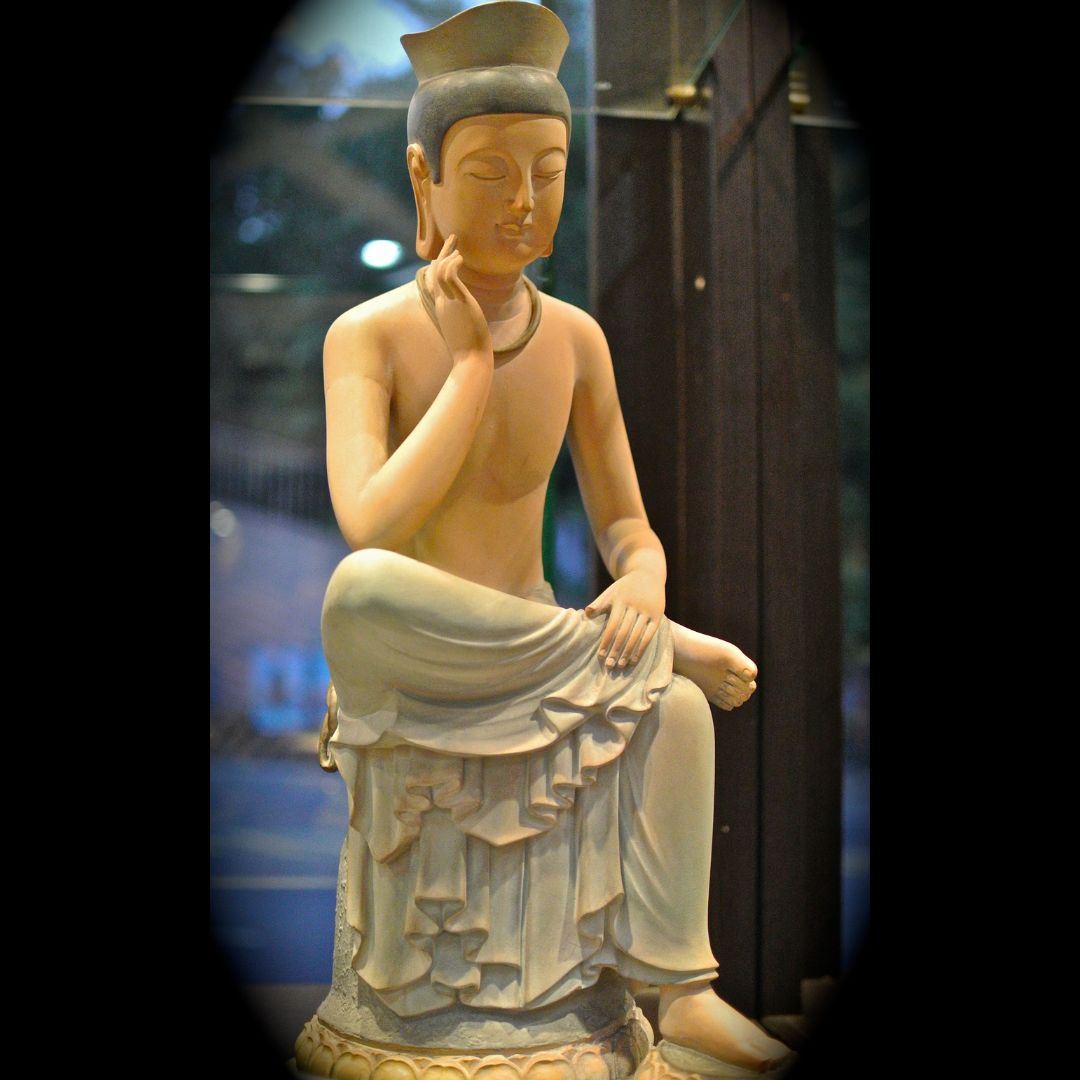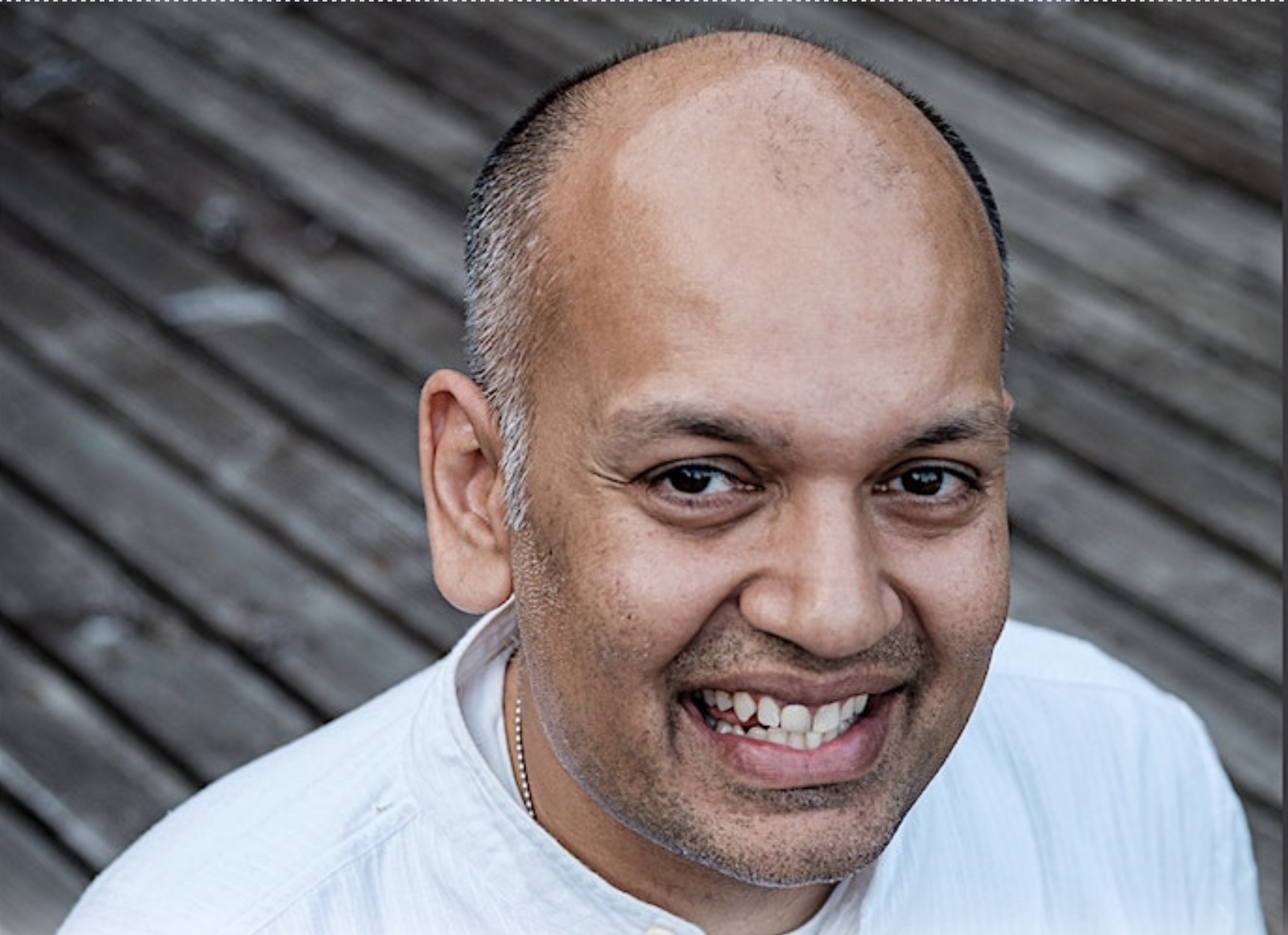
Three Levels of Listening To Open Up To Wisdom
Professor Doug Powers speaks on three levels of listening that are cultivated at DRBU.
The first level at which we do that is through our reading of texts.
You treat the text as though they were a profound friend that you’re listening to very carefully and with a deep sense of respect. You may not end up agreeing with everything that person says, but you have to start off with a sense of open-minded listening that leaves critique, analysis, disagreements, and personal views on the side. You have to bracket, in phenomenological terms, all of your personal stuff about the text, because if you bring any of that into your reading of the text, you’ll already have cut off the deeper level of understanding the text. You have to engage the text with an open mind first.
And of course, later on as you actually understand the text and have a good sense of the text, you put it within the framework of the rest of your narrative, the accumulation of approaches to life and to explaining the experience of your life. You’re bringing together all these different explanations to the experience of life from your reading and developing from these profound sources. You’ll eventually integrate the ones that make sense to you over time, but the only way you can do that is later on in the process.
A lot of what we read at DRBU is to give you different frames of reference to understand humanity, the world, and ourselves in causal constructs that are beyond the limitation of our own causal construct, which is based on our own experience and is very limited. If you’re basing your entire sense of causality on your own experience, that’ll be extremely limited. The whole point of being intelligent and having a strategic approach to life is trying to gather a repertoire of analyses of causal constructs, and then applying those in different circumstances that give you a better idea of what’s going on beyond just the one based on your own personal experience.
So careful reading, listening to, and giving space to, and then later on adding it or not to your repertoire is listening to the text and paying attention to the text.
The second thing is you’re listening to each other.
The other aspect in a classroom that you don’t have with your own mind and your own narcissistic self-reflecting mind is the opportunity to have conversation with other people who are interpreting the texts themselves in different ways.
If you listen to them, you might actually learn something. I mean, not that anyone could be any smarter than any of us, I’m sure, but you might, lo and behold, learn something from listening to somebody else.
It’s equally important to not take that critical mode of self-reference to be yourself when listening to others. When the Buddha says the self is illusionary, he’s talking about that element of yourself that you put forward as the critique or analysis for what you’re hearing. By putting yourself between what’s going on and your mind, the self distorts everything that’s coming in through this illusionary sense that you’ve constructed of your own narrative experience, which you’re relating everything through and then limiting the frame of experience of and the size of the world that you’re actually experiencing.
So a great thing about DRBU is you have each other. You can listen to each other really carefully. You don’t have to agree. There’ll be many things that you probably disagree on and there’ll be things that you agree on. There’ll be times where you think that you understood it better, and that’s fine. But if you listen very carefully to the other person, and open up the space and be patient with what the other person is saying, a lot will happen in that space that will open up your own mind.
Even in the listening and the patience, you’re practicing dharma. All relationships that ever work are based upon open-mindedly and patiently waiting for the other to emerge as something other than your projection. If the other person is just a projection that you’re putting on them, then why did you even bother messing with them at all! You could just walk around in your own projections.
The point of being around other people, especially at this university, is for you to listen to the other person and practice open-heartedness and open-mindedness—listening carefully and seeing what emerges from their experience that you could learn something from, or that’s just interesting, if nothing else.
So we’re listening to the texts and we’re listening to each other.
The third thing is, of course, we’re listening to ourselves.
As we listen carefully to ourselves, to the text, and to each other, the really profoundly spiritual door that opens up is listening past our narrative, past our opinions, and past ourselves— protecting some sort of set of emotions or thoughts that we have put up as what we need to defend and as what we are. If we can see past all that—and that’s what the Buddha of course meant by emptiness—we that emptiness itself is not empty. It’s not a metaphysical principle.
All profundity starts in emptiness because you have to empty out the limitations that you’ve already constructed by the habits of mind that you’ve identified with, attached to, and then read everything through. And so, the universe is already limited by the size of your imagination. That should be very funny to you. Okay, if you don’t think that the whole universe and everything and everybody about everything that’s going on is the limit of your imagination, then what can I say?
Listening to yourself is opening up some space behind those limitations to open up to hear the ground. A lot of you see that meditation and mindfulness are an aspect of that. These are words that people use for the skill sets that are developed for listening to yourself in the way I’m talking about.
Then being able to observe from emptiness, to observe without prejudice and to observe without discrimination that already limits the way you can see things, is something that hopefully everyone will have a chance to develop at DRBU and be supported in.
We could go on and on about it. I think a lot of people here already have a lot of experience in meditation, and so forth, but at DRBU all of these skills such as meditation are not ends in themselves, they’re skill sets. They’re ways of using the mind to open it up to a kind of wisdom, or Bodhi, so that it can see what’s going on directly without the interference of the limitations of self or your own narrative views. To open up that space requires not only a lot of patience. It requires a lot of bravery because it opens up the places that you’ve already created answers for. It’s past the limited answers that you’ve already created for yourself.
One of the great things about DRBU is that you can take greater chances psychologically, because you have the support of a community.
The main goal of the university is that you focus, listen to, and are patient in three main realms: the text, each other, and your own deep sense of awareness—listening to the awareness of awareness, at the place where it opens up in some freedom, some emptiness, some size where it begins to realize it’s the whole universe and is not limited by just being in your body. It’s not limited by all the limitations that you consider it’s in. And maybe you can open up to a much bigger, wider range of locating where that mind or awareness is.


